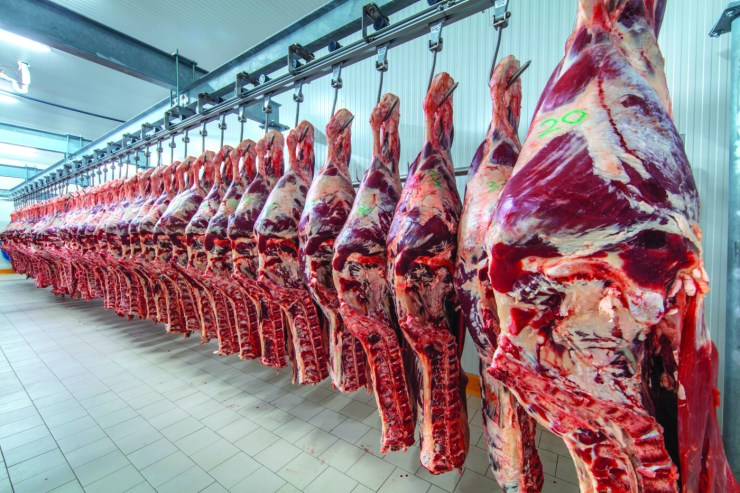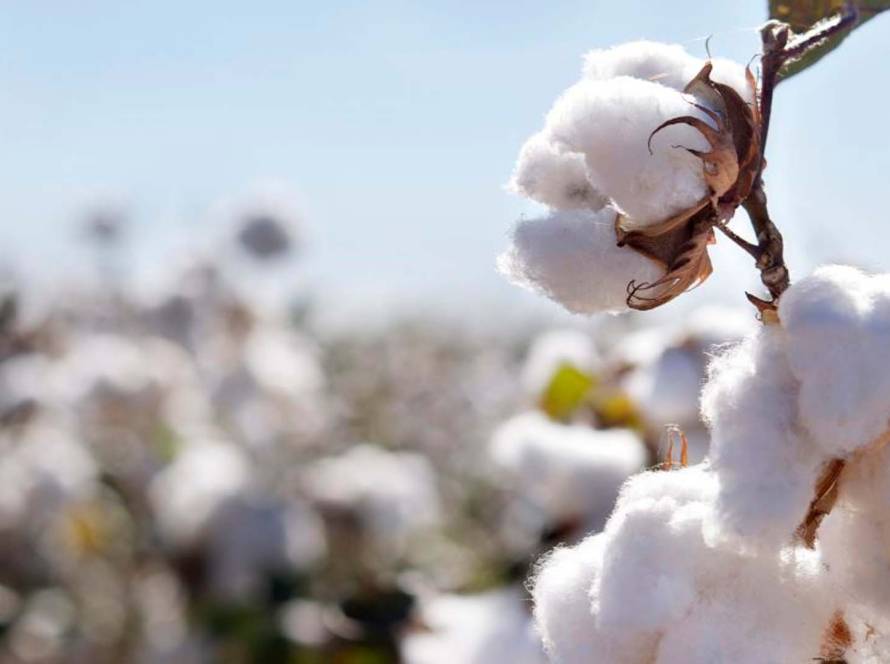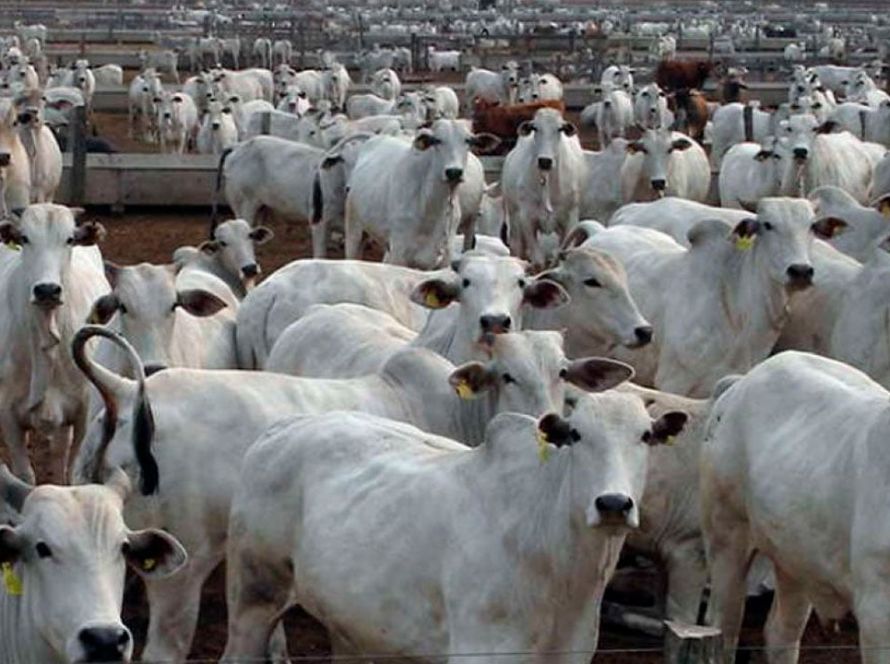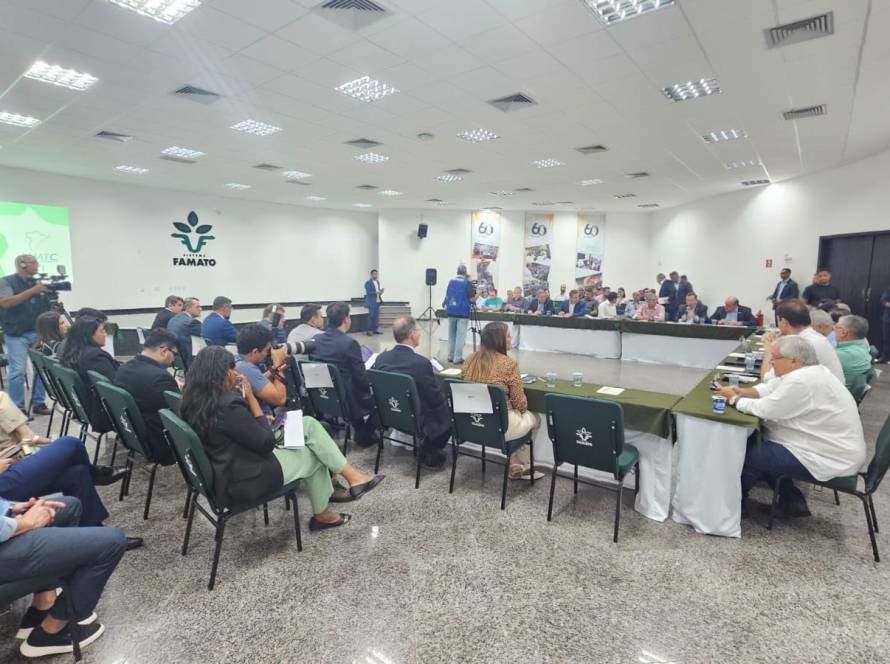In this Thursday's episode (06.03), the president of the Mato Grosso Soybean and Corn Producers Association (Aprosoja MT), Lucas Costa Beber, participated in the Cause and Effect segment of the Apro 360 podcast, from Aprosoja MT, and commented on the impacts of the soybean moratorium on producers, municipalities, and society. During the interview with journalist Fernanda Trindade, Lucas Costa Beber addressed the negative effects of the moratorium on rural producers, since it restricts the producer's ability to use their land as they see fit within legal limits.
“For producers, it affects free initiative, that is, the producer’s free choice of what he will produce or sell. The right to use the land and, above all, the possibility of choosing the crop that is most profitable and that brings income to his business and his family,” he explains.
The president of Aprosoja MT also highlighted that the moratorium is not limited to rural producers, but affects municipalities, generating disproportionate competition between them, directly affecting the local economy.
“This is because municipalities where areas were deforested before 2008 can produce freely. However, municipalities where legal deforestation occurred after 2008 end up being prevented from doing so. Consequently, in these municipalities there will be less revenue, employment, infrastructure, schools and other goods for the population.
When asked about the association's actions in the moratorium debate, Lucas Costa Beber pointed out that Aprosoja MT is working together with the Legislative Assembly of the State of Mato Grosso (ALMT) and the Government of the State of Mato Grosso in a public hearing, aiming to provide the public with clear and precise information about what the moratorium is and how it can affect not only the producer, but the entire society.
“We have been working in dialogue with these companies for many years. We are also working on the political and legal aspects, and now we are debating a law that was approved here in Mato Grosso that would be capable of overturning the soy moratorium in the Federal Supreme Court (STF). Aprosoja MT is working together with the Legislative Assembly and the State Government in a public hearing. In addition, we are using the media to bring the truth to the population,” he concluded.
Thus, the first episode of the Cause and Effect section of the Apro 360 podcast, from Aprosoja MT, addressed the complexity of the soy moratorium and highlighted the need to find solutions that meet the demands of both producers and society in a casual and didactic language.





